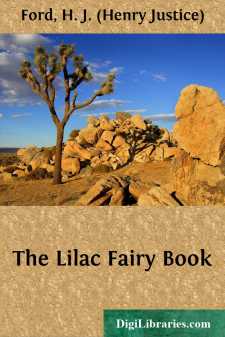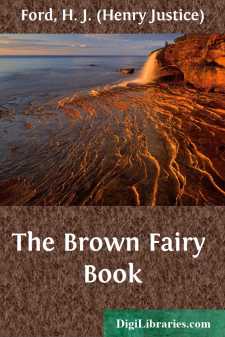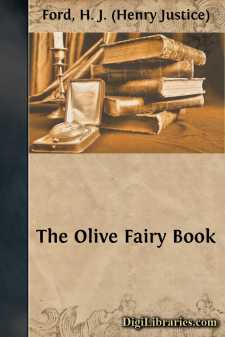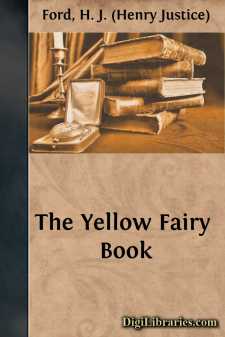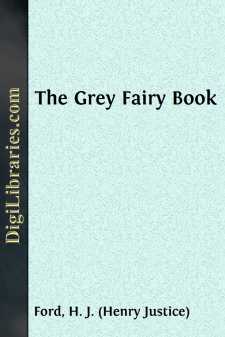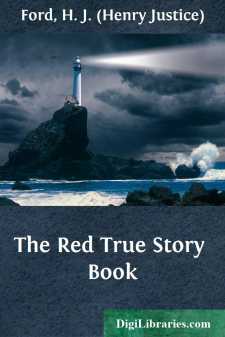Categories
- Antiques & Collectibles 13
- Architecture 36
- Art 48
- Bibles 22
- Biography & Autobiography 813
- Body, Mind & Spirit 142
- Business & Economics 28
- Children's Books 14
- Children's Fiction 11
- Computers 4
- Cooking 94
- Crafts & Hobbies 4
- Drama 346
- Education 46
- Family & Relationships 57
- Fiction 11829
- Games 19
- Gardening 17
- Health & Fitness 34
- History 1377
- House & Home 1
- Humor 147
- Juvenile Fiction 1873
- Juvenile Nonfiction 202
- Language Arts & Disciplines 88
- Law 16
- Literary Collections 686
- Literary Criticism 179
- Mathematics 13
- Medical 41
- Music 40
- Nature 179
- Non-Classifiable 1768
- Performing Arts 7
- Periodicals 1453
- Philosophy 64
- Photography 2
- Poetry 896
- Political Science 203
- Psychology 42
- Reference 154
- Religion 513
- Science 126
- Self-Help 84
- Social Science 81
- Sports & Recreation 34
- Study Aids 3
- Technology & Engineering 59
- Transportation 23
- Travel 463
- True Crime 29
The Lilac Fairy Book
Categories:
Description:
Excerpt
PREFACE
'What cases are you engaged in at present?' 'Are you stopping many teeth just now?' 'What people have you converted lately?' Do ladies put these questions to the men—lawyers, dentists, clergymen, and so forth—who happen to sit next them at dinner parties?
I do not know whether ladies thus indicate their interest in the occupations of their casual neighbours at the hospitable board. But if they do not know me, or do not know me well, they generally ask 'Are you writing anything now?' (as if they should ask a painter 'Are you painting anything now?' or a lawyer 'Have you any cases at present?'). Sometimes they are more definite and inquire 'What are you writing now?' as if I must be writing something—which, indeed, is the case, though I dislike being reminded of it. It is an awkward question, because the fair being does not care a bawbee what I am writing; nor would she be much enlightened if I replied 'Madam, I am engaged on a treatise intended to prove that Normal is prior to Conceptional Totemism'—though that answer would be as true in fact as obscure in significance. The best plan seems to be to answer that I have entirely abandoned mere literature, and am contemplating a book on 'The Causes of Early Blight in the Potato,' a melancholy circumstance which threatens to deprive us of our chief esculent root. The inquirer would never be undeceived. One nymph who, like the rest, could not keep off the horrid topic of my occupation, said 'You never write anything but fairy books, do you?' A French gentleman, too, an educationist and expert in portraits of Queen Mary, once sent me a newspaper article in which he had written that I was exclusively devoted to the composition of fairy books, and nothing else. He then came to England, visited me, and found that I knew rather more about portraits of Queen Mary than he did.
In truth I never did write any fairy books in my life, except 'Prince Prigio,' 'Prince Ricardo,' and 'Tales from a Fairy Court'—that of the aforesaid Prigio. I take this opportunity of recommending these fairy books—poor things, but my own—to parents and guardians who may never have heard of them. They are rich in romantic adventure, and the Princes always marry the right Princesses and live happy ever afterwards; while the wicked witches, stepmothers, tutors and governesses are never cruelly punished, but retire to the country on ample pensions. I hate cruelty: I never put a wicked stepmother in a barrel and send her tobogganing down a hill. It is true that Prince Ricardo did kill the Yellow Dwarf; but that was in fair fight, sword in hand, and the dwarf, peace to his ashes! died in harness.
The object of these confessions is not only that of advertising my own fairy books (which are not 'out of print'; if your bookseller says so, the truth is not in him), but of giving credit where credit is due. The fairy books have been almost wholly the work of Mrs. Lang, who has translated and adapted them from the French, German, Portuguese, Italian, Spanish, Catalan, and other languages.
My part has been that of Adam, according to Mark Twain, in the Garden of Eden. Eve worked, Adam superintended. I also superintend. I find out where the stories are, and advise, and, in short, superintend. I do not write the stories out of my own head. The reputation of having written all the fairy books (an European reputation in nurseries and the United States of America) is 'the burden of an honour unto which I was not born.' It weighs upon and is killing me, as the general fash of being the wife of the Lord of Burleigh, Burleigh House by Stamford Town, was too much for the village maiden espoused by that peer.
Nobody really wrote most of the stories. People told them in all parts of the world long before Egyptian hieroglyphics or Cretan signs or Cyprian syllabaries, or alphabets were invented. They are older than reading and writing, and arose like wild flowers before men had any education to quarrel over. The grannies told them to the grandchildren, and when the grandchildren became grannies they repeated the same old tales to the new generation. Homer knew the stories and made up the 'Odyssey' out of half a dozen of them. All the history of Greece till about 800 is a string of the fairy tales, all about Theseus and Heracles and Oedipus and Minos and Perseus is a Cabinet des Fées, a collection of fairy tales....


